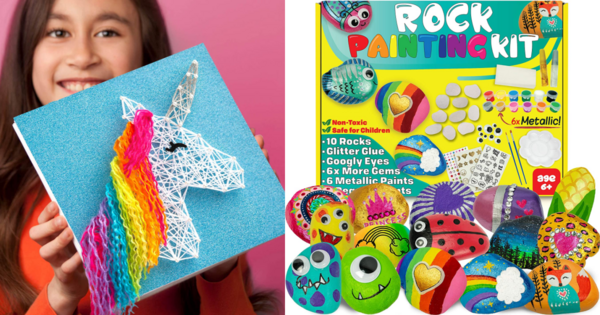Here’s Why People Say You Should Never Eat Baby Carrots
Baby carrots have become a staple in grocery stores and households around the world, with their bright orange color, convenient size, and undeniable cuteness.
They’re often marketed as a healthy and convenient snack, perfect for lunchboxes or on-the-go munching.
But, according to people on the internet, despite their popularity, there are several reasons why you should reconsider your consumption of baby carrots.
Here’s the hidden truth about baby carrots and why you should never eat them…
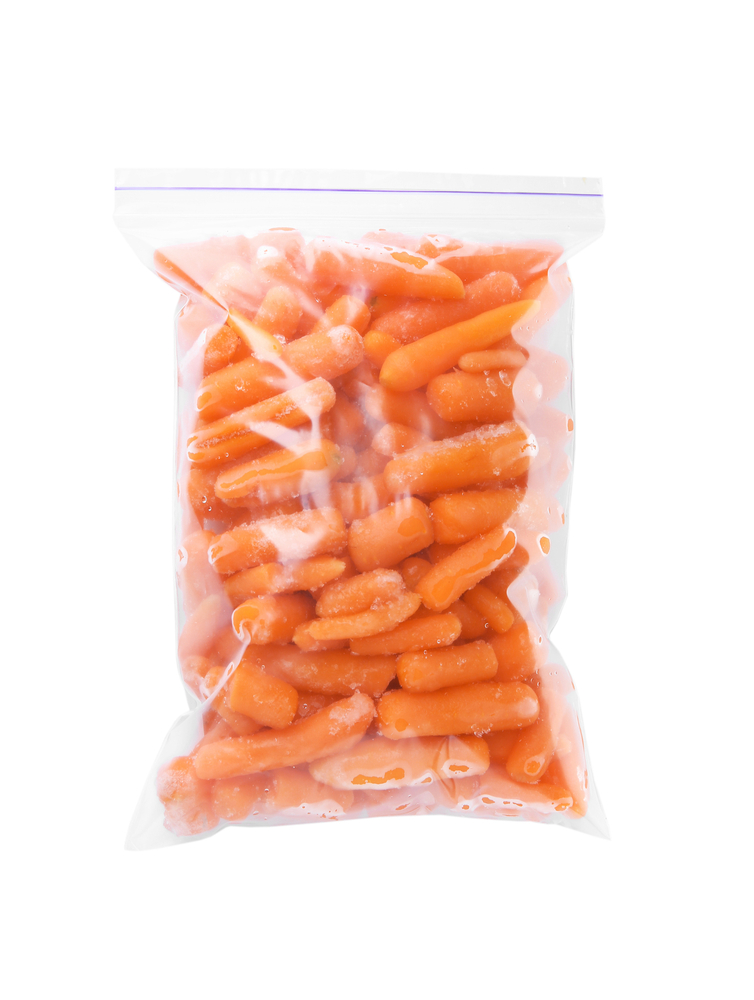
Here’s Why You Should Never Eat Baby Carrots
First and foremost, it’s important to understand that baby carrots are not actually “baby” carrots at all.
Sorry to burst your bubble but there isn’t some baby carrots growing farm somewhere…
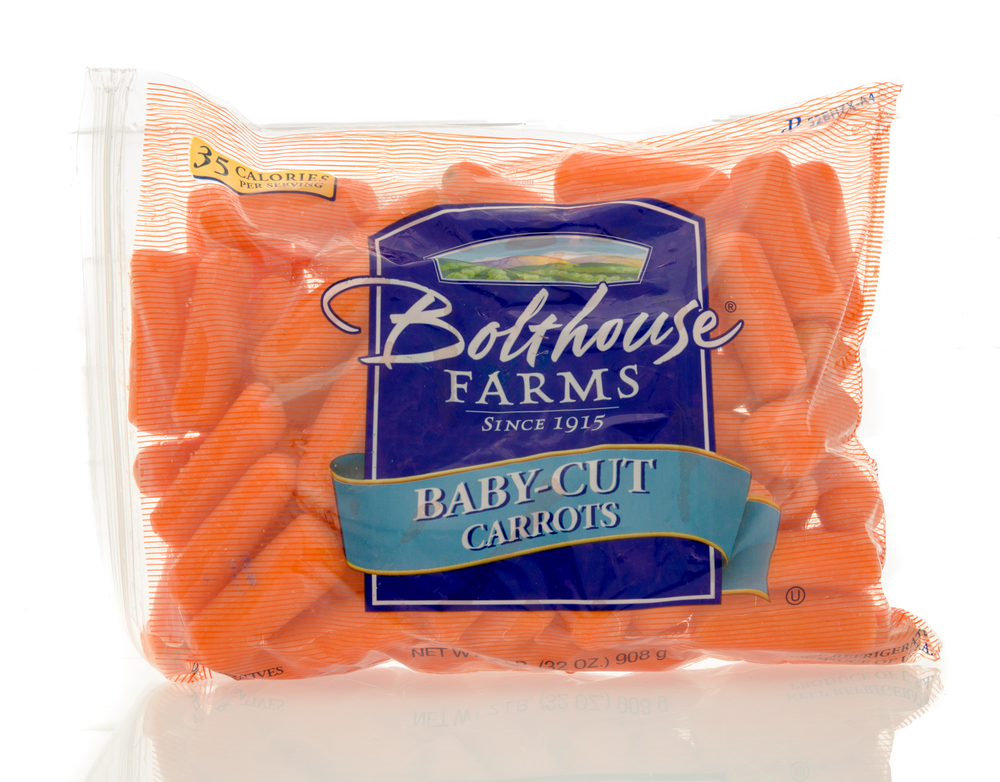
They aren’t actually baby carrots
They are, in fact, adult carrots that have been peeled, trimmed, and cut down to a smaller size. The term “baby carrot” is a marketing ploy designed to make consumers think they’re purchasing something special and unique.
Bottom line is – you are paying more for a highly processed version of a whole carrot.
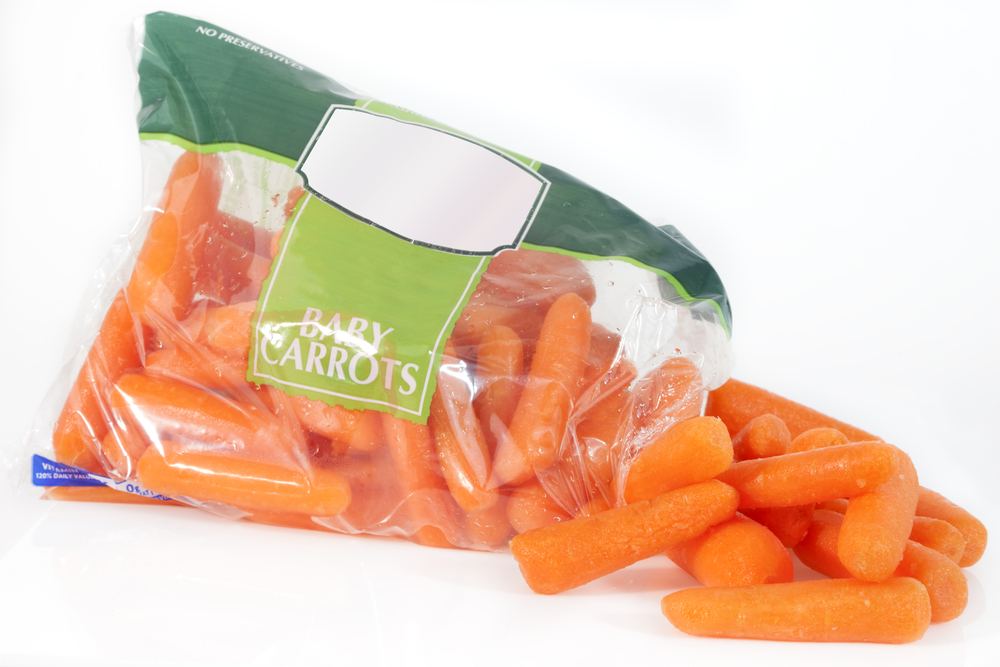
The Environmental Impact of Baby Carrot Production
The production of baby carrots has a significant environmental impact.
The process requires a considerable amount of water, as the carrots are washed and peeled multiple times. This excessive water usage is a major concern, especially in areas where water scarcity is an issue.
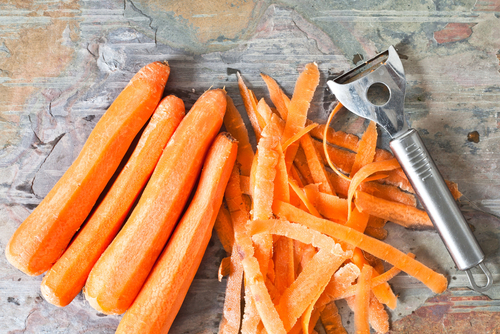
Additionally, the production of baby carrots creates a large amount of waste. For every baby carrot produced, there is a significant portion of the original carrot that is discarded.
This waste not only contributes to an increase in greenhouse gas emissions from decomposing organic matter but also represents a missed opportunity to utilize the entire carrot for consumption.
Nutritional Differences Between Baby Carrots and Regular Carrots
While baby carrots and regular carrots come from the same plant, there are some key nutritional differences between the two.
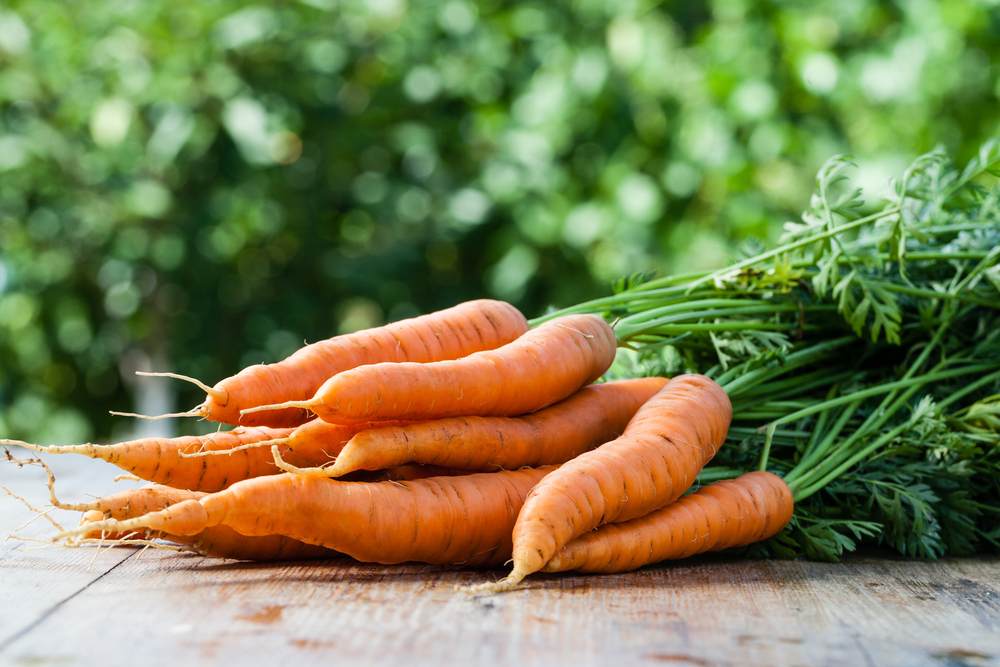
When a carrot is peeled, it loses a significant portion of its nutrients, particularly those found in the outer layers of the vegetable. As a result, baby carrots often have a lower nutrient content than their full-sized counterparts.
In fact, “80% of the beta-carotene is removed when the skin of a carrot is peeled” (source) which is an essential nutrient for eye health and immune system function.
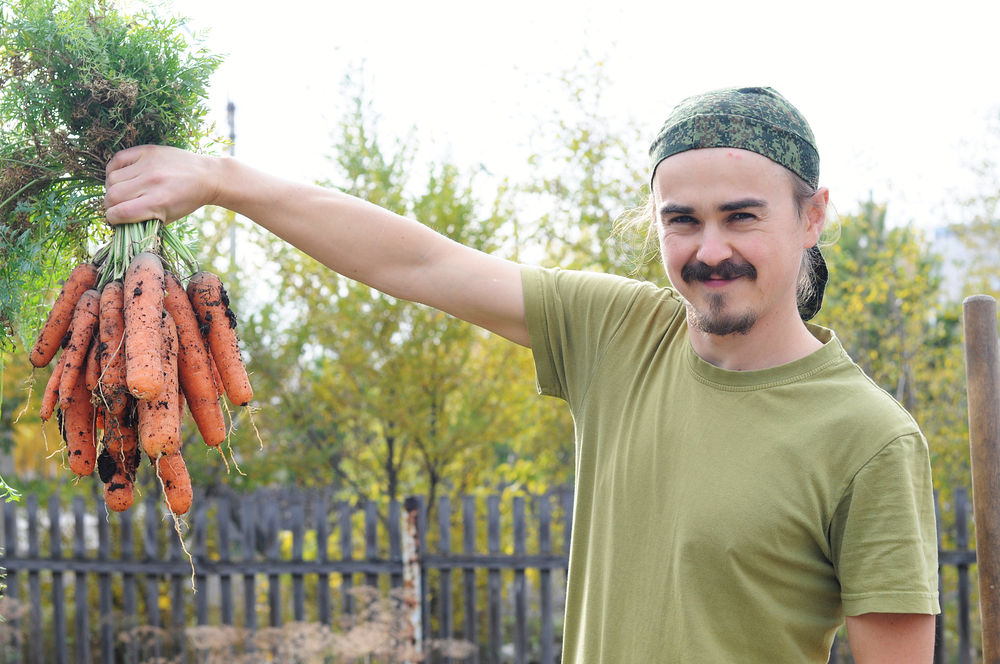
Alternatives to Baby Carrots
If you’re looking for a healthy and environmentally friendly alternative to baby carrots, consider the following options:
- Purchase organic, whole carrots: Organic carrots are grown without synthetic pesticides and herbicides, reducing your exposure to potentially harmful chemicals. Plus, by consuming whole carrots, you’ll benefit from the full range of nutrients and fiber that these vegetables have to offer.
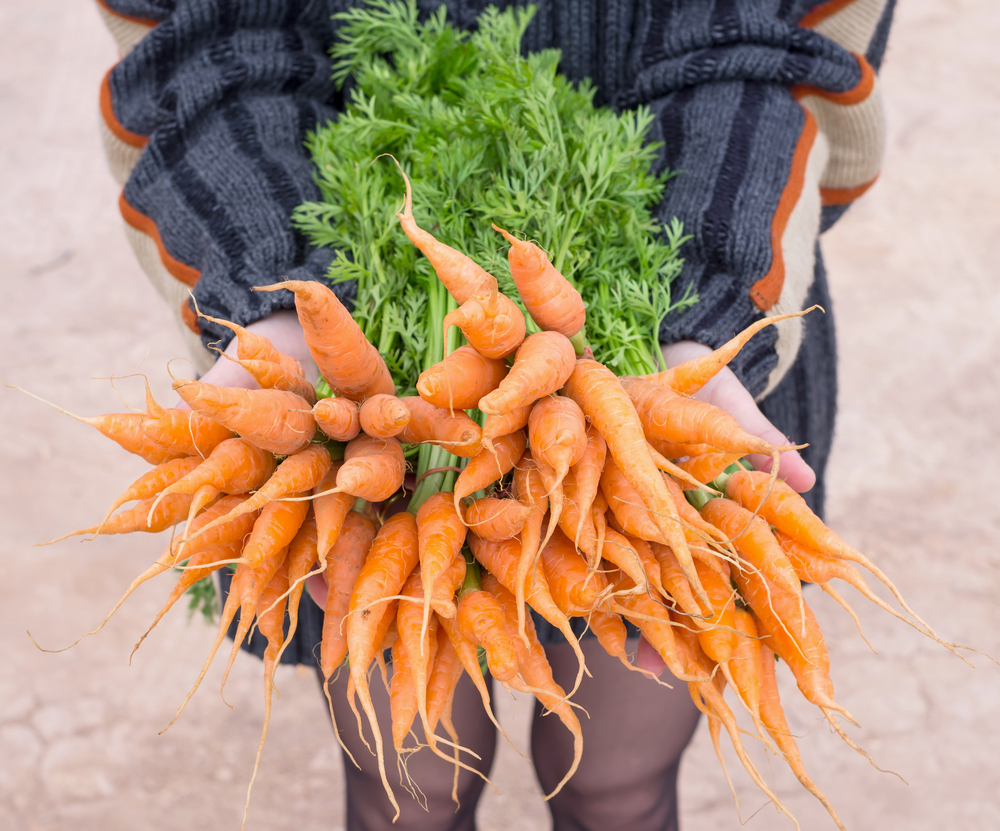
- Grow your own carrots: Growing your own carrots allows you to control the growing conditions and avoid chemical exposure. It’s also a fun and rewarding way to connect with your food and reduce your environmental footprint.
- Opt for “true” baby carrots: Occasionally, you might find actual baby carrots – those that are harvested when they’re young and tender – at farmers’ markets or specialty stores. These true baby carrots offer a unique taste and texture compared to their processed counterparts and can be a delicious, nutrient-dense alternative.
- Choose other colorful, nutrient-rich vegetables: If you’re looking for a convenient, nutrient-dense snack, consider other options like cherry tomatoes, cucumber slices, or bell pepper strips. These vegetables are not only delicious but also provide a range of essential vitamins and minerals.
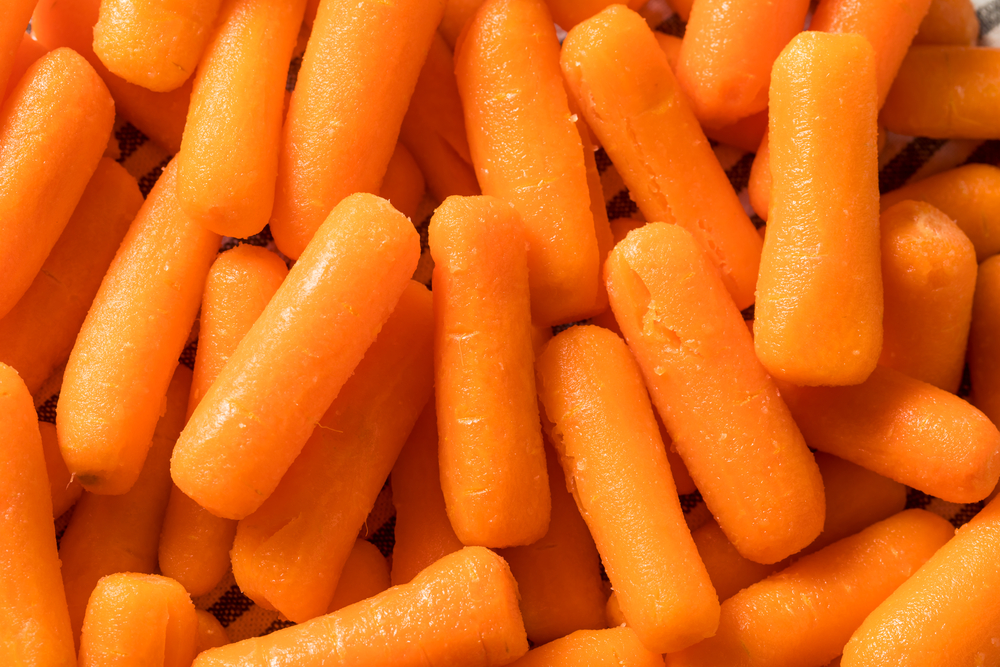
Baby carrots have become a popular and convenient snack, but their deceptive marketing, environmental impact, and nutritional differences make them a less-than-ideal choice for health-conscious consumers.
By opting for whole, organic carrots or other nutrient-rich vegetables, you can enjoy a healthier, more environmentally friendly snack that still delivers the satisfying crunch and flavor you crave.



